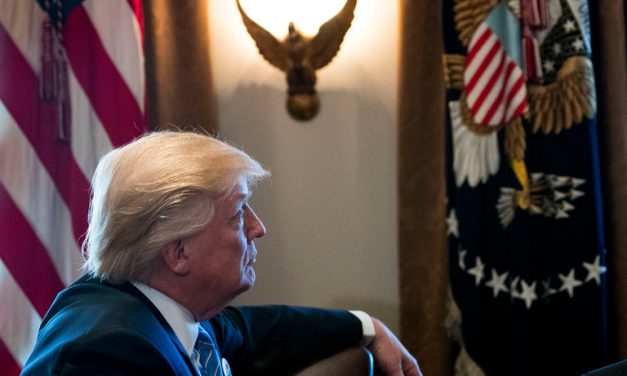Why Oppose a Federal Holiday for Election Day?
The House Democrats will soon pass a bill called the For the People Act of 2019. You could call it a modern day Voting Rights Act. It would create new rules for federal elections, including same-day registration and a mandated...
Read More


